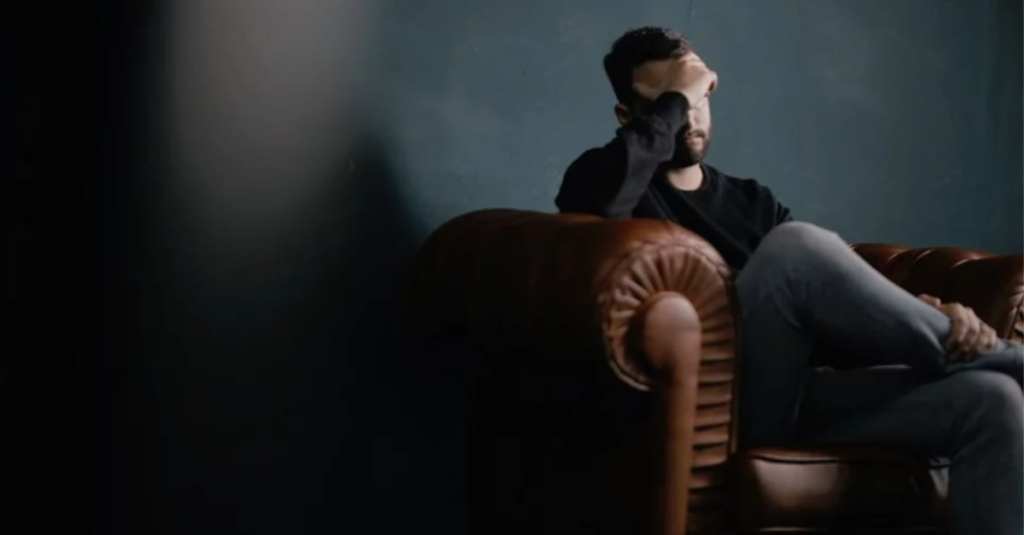Trending Now
If you’re looking for a reminder today that we’re all just sheets of skin that are slaves to the strange organ encased in our skulls, here’s one – this GIF of an optical illusion that’s really just two dots.
The GIF has been around since early 2018, when Reddit user do23n posted it, along with the following questions:
“2 dots oscillating? Vertically or horizontally? Or 2 dots orbiting? Clockwise or widdershins? Or 2 diagonal pairs of blinking dots with no ‘motion’ at all? Or something else?”

Image Credit: Pixabay
Here’s the thing – you see one of those options first, but as you filter through the others, the dots move whatever way you’re thinking they do. Or at least, that’s how it seemed to me, at first.
The GIF is an optical illusion called the ambiguous quartet, and MIT’s instructions for viewing it are as follows: Stare for 2 minutes. The dots will appear to jump vertically or horizontally, and then after some time, they will probably spontaneously switch directions.
So, without further ado, here it is:
2 dots oscillating? Vertically or horizontally? Or 2 dots orbiting? Clockwise or widdershins? Or 2 diagonal pairs of blinking dots with no “motion” at all? Or something else!?
byu/d023n inillusionporn
And, now that you’ve seen it for yourself, we’re going to ruin the magic with some good, old fashioned facts.
What’s actually happening in theGIF is that four dots are blinking in place. The speed they’re blinking is what frazzles your brain into thinking they’re moving – a 2008 study called the phenomenon “perceptual rivalry,” but it wasn’t a new concept even then.
This particular illusion, also called “Stroboscopic Alternative motion,” was first referenced in a 1933 study out of Germany.






